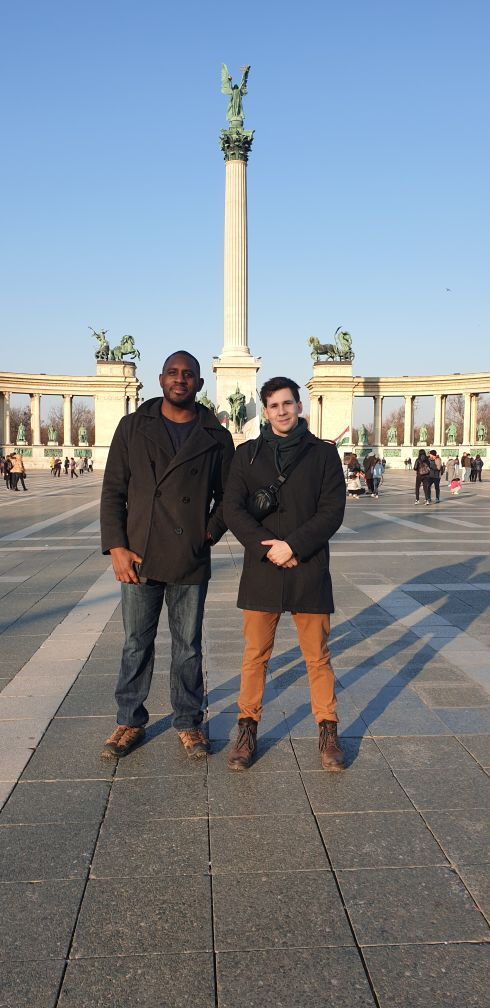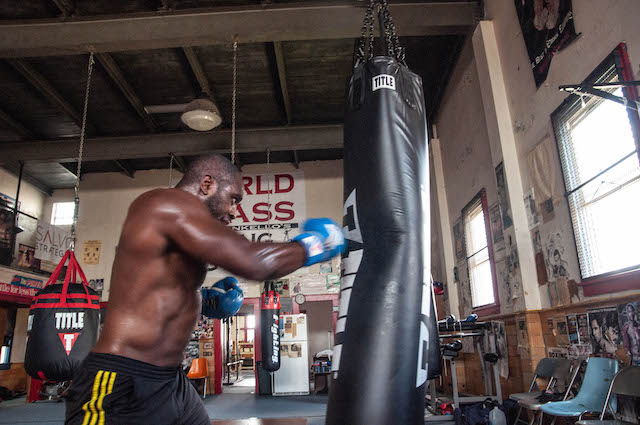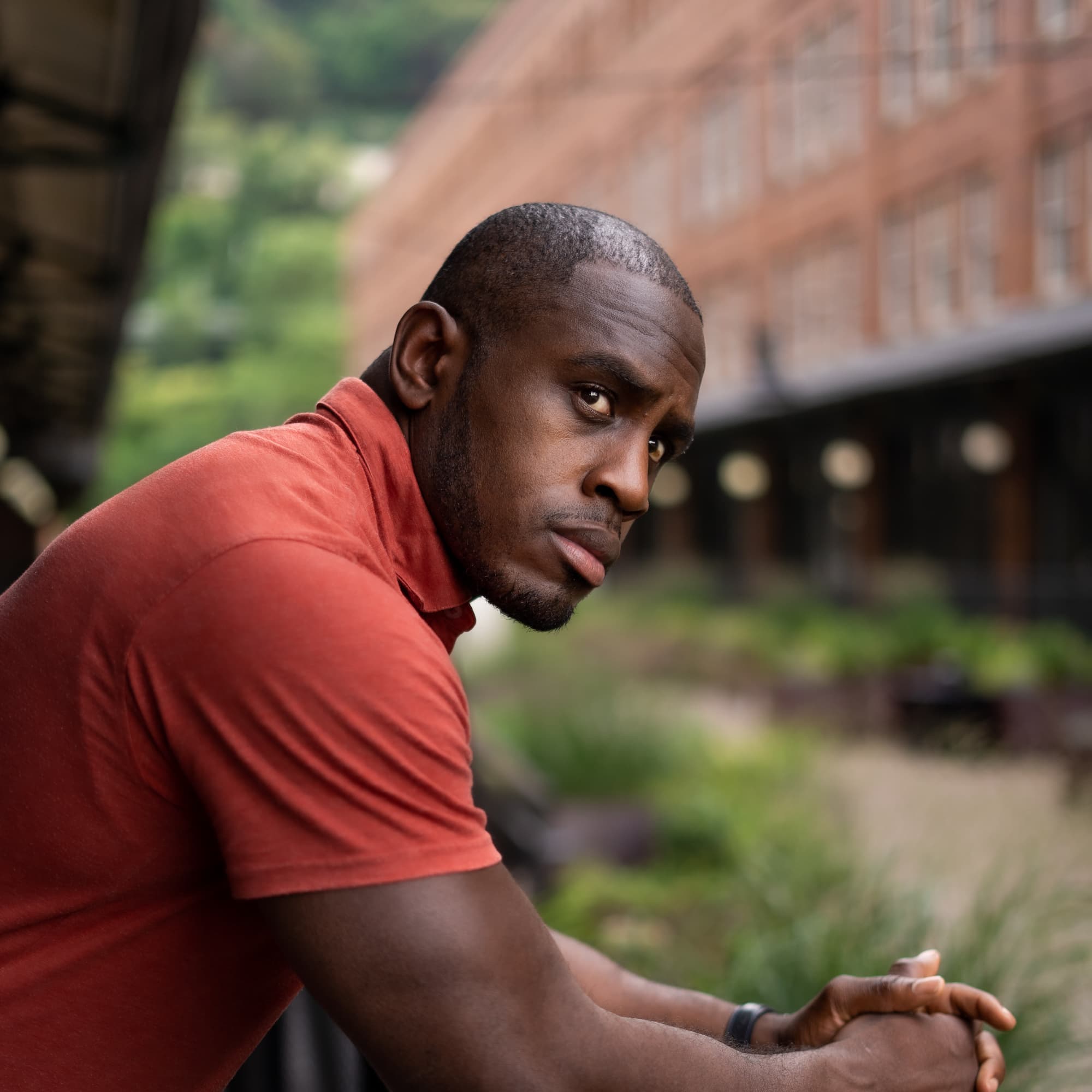We all want friends with benefits.
‘Life benefits’ that is.
And if you believe better friends would make you happier, you’re not wrong. Close interpersonal relationships boost your physical health, your sense of self-worth, and your confidence.1
This is true for both adults and adolescents.
So why is it that around the age of 25 we start losing friends?2
Well, one reason is, it’s harder because we’re busier. Another reason is people start believing it’s not possible to find good friends.
But the truth is, you’re doing friendships wrong.
Most friendships never develop past the casual stage. And if you do make a close friend, it’s due to proximity and entirely accidental.
In this article, you’ll learn how to intentionally build stronger relationships and get closer to a friend.
1. Know what kind of friend you’re dealing with
According to one study3, a person only has the mental room for about 150 friends. Of those, only 1-5 of them are considered close friends. Knowing the type of friendships you want to create, and where your current friends sit, will help you be more intentional about how you develop the relationship.
We typically consider friends those unrelated to us but friend groups can include family and significant others as well. These are categorized into five general categories with the first being the closest:
- Support clique - 1-5 best friends and romantic relationships
- Sympathy group - 10-15 people you consider good friends
- Friendship group - 40-50 people, may be casual friends and co-workers
- Clansmen - 120-150 people, may be friends of friends, co-workers, neighbors, etc
- Acquaintances - not friends
The same study suggests it takes about 200+ hours to go from casual friends to best friends. Most people become friends because you were coworkers or classmates or neighbors. However, time together doesn’t guarantee friendship.
This is why you have old friends that aren’t considered close.
Are your current friends those to grow with or simply relationships to maintain? Determine what goals you have for your life and how you’d like your relationships to feel.
Good friends offer support during life’s roughest chapters but you can’t force relationships to work.
2. Inject some newness
If you’re with a person for several years, you’ll start to notice the passion and excitement of being together wanes. You can’t coast off that initial spark forever.
The same is true of friendships.
To become closer friends, you have to inject some newness into your lives. Taking regular trips, hosting get-togethers, or simply having new conversations all work to bring some new life.
Newness reinvigorates your relationship and keeps it growing. Here are a few more ways to add novelty to your friendship:
- Take on a new challenge together
- Start a new hobby
- Go somewhere new
- Look up interesting ideas and talk about them
Nothing beats in-person, real-life meet ups so do it if you can. All the virtual meetings in the world can’t capture the nuance of having another human beside you.
3. Upgrade your conversations
Good friends make you a better person. I know when I was facing alcohol addiction and general dissatisfaction with life, my friendships carried me through.
But all friendships are not created equally. Time-on-task doesn’t automatically equal closeness. To build closer friendships you need better conversations. And better conversations require you to ask questions that go deeper than “How are you,” or “What are we doing tonight?”
Research shows4 that questions like the ones below can help foster closer relationships:
- Before making a phone call, do you ever rehearse what you’re going to say? Why?
- If you could change anything about how you were raised, what would it be?
- If a crystal ball could tell you anything about your life, your future, or your self, what would you want to know?
Take time listening to their answers and giving eye contact. Then respond accordingly.
Ask followup questions like “How do you feel about that,” or “Why do you feel that way?” Then share your own answers.
What you learn from these conversations benefit your relationships but also make you more empathetic toward others and boosts your social skills.
4. Practice forgiveness
Forgiveness is a much-talked-about but often overlooked method of bringing people closer together.
Forgiveness helps to alleviate the past tension people feel in relationships and avoids the inevitable resentment. Most people say “forgive but don’t forget.” However, if thinking about something in the past still makes you angry and resentful, you haven’t fully forgiven the other person.
Forgiveness doesn’t mean letting yourself get beat up either. Perpetual line-steppers and people that don’t respect your boundaries should not be your friends. But moving past a perceived “wrong” can function to build closer friendships IF you’re honest about the issue.
During the pandemic, it’s really easy to let lingering anger fester. Be proactive and talk about what’s bothering you as soon as possible.
5. Schedule time to connect on a regular basis
This tip is a tactical one.
Things that don’t get scheduled simply don’t get done. If you want to be intentional about making friends and deepening your bonds, you have to put a date on the books to connect.
Once a month, once a week, once a quarter?
It doesn’t matter. Just set aside time to make that phone call or reply to that text or go to that restaurant you’ve been meaning to. One-on-one time is essential for close relationships.
Our world has a million and one distractions. It’s too easy to let bonds weaken over the weeks and months of not reaching out. Before you know it, your best friend is simply somebody you used to know.
Also if you’re feeling lonely, reaching out is also a powerful cure.
6. Discover their passions
As long as you have shared values, the people you’re close to don’t have to share your interests. This is one way to break the relationship matrix: **listen to what other’s love without judgement and take an interest in it. **
Say your friend is into pro wrestling. You don’t have to love pro wrestling to know why they love it. Taking an interest makes your friends feel validated and like they matter.
In turn, they will want to provide the same for you. This is the law of reciprocity.5 Giving value makes others want to return that value. Or “you reap what you sow.”
Be mindful, though, when this energy is not returned. That’s a key sign you’re in a one-sided relationship.
7. Show up with vulnerability
The social media era has seen an onslaught of oversharing and crying on camera.
Though these emotions may be valid, that’s not what I’m talking about when I mention vulnerability.
Vulnerability is always being your authentic self even if you risk someone else not liking you. This is essential to new friendships.
Close friends face divorce, job loss, addiction, or even the death of loved ones together.
You simply don’t get there by 1. not sharing your true self or 2. alienating the other person when they share their truth.
Vulnerability might also look like:
- Setting and enforcing boundaries
- Reaching out when you need someone to talk to
- Having a hard conversation when a friend shows destructive behavior
Wrapping up
Every new friend you make won’t be the peanut butter to your jelly, the Maverick Carter to your Lebron James, or the Matt Damon to your Ben Afleck. But when you find a friend you click with, make it official.
Here’s how:
- Know where they land on the friendship spectrum
- Recreate the spark
- Have deeper conversations
- Forgive. Don’t hold grudges
- Make concrete plans to hang out
- Find out what their interests are
- Set boundaries. Be authentic. Be brave enough to have hard conversations
I hope that helps. The rest is up to you.
References
Mayo clinic staff. Mayoclinic.org. Friendships: Enrich your life and improve your health** **(accessed Sep, 24, 2021) ↩
Bhattacharya, K., Ghosh, A., Monsivais, D., Dunbar, R. I., & Kaski, K. (2016). Sex differences in social focus across the life cycle in humans. Royal Society open science, 3(4), 160097. (accessed Sep, 24, 2021) ↩
Hall, J. A. (n.d.). _How many hours does it take to make a friend? _- Jeffrey A. Hall, 2019. SAGE Journals. (Retrieved September 21, 2021) ↩
Ehrenfeld, Temma. Reviewed by Lybl Ma. _36 Questions to Bring You Closer Together _(2013) (accessed Sep, 24, 2021) ↩
BrianTracy.com. _Using the Law of Reciprocity and Other Persuasion Techniques Correctly _(accessed Sep, 24, 2021) ↩




